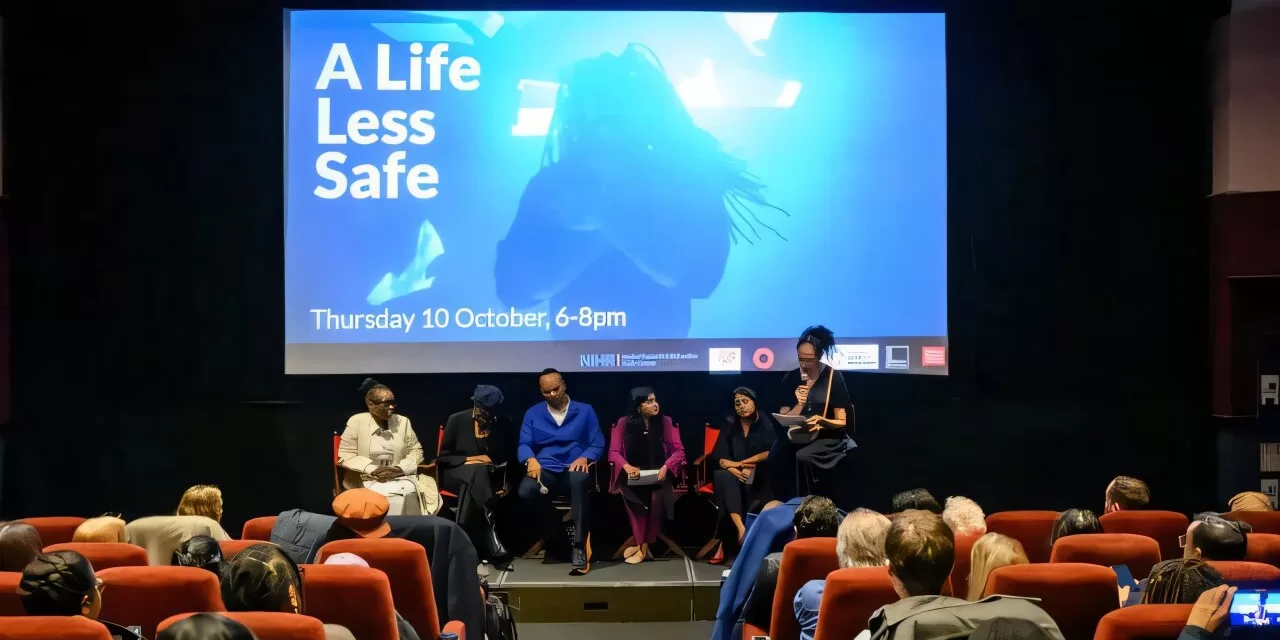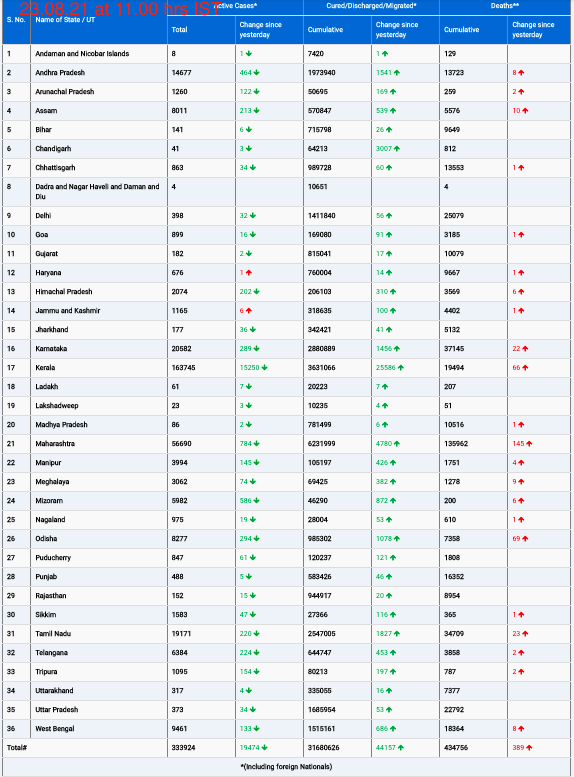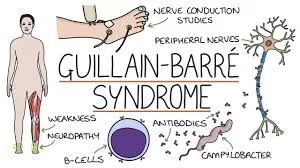The COVE-IMM project reveals stark disparities in healthcare access and outcomes for individuals with severe mental and physical health conditions during COVID-19
A groundbreaking project, the COVID-19 Ethnic Inequalities in Mental Health and Multimorbidities (COVE-IMM), has brought to light the profound health inequities experienced by racially minoritized groups during the COVID-19 pandemic. Through two studies and a short film titled A Life Less Safe, this initiative uncovers the challenges faced by people of Black and South Asian descent with serious mental and physical health conditions, showcasing how the pandemic exacerbated existing inequalities in healthcare access and outcomes.
The COVE-IMM project, a collaborative effort between King’s College London, the University of Sussex, and the community organization Black Thrive, used a mix of quantitative and qualitative methods to capture a comprehensive picture of health disparities. The project was co-led by Professor Jayati Das-Munshi, who managed the quantitative aspect, and Dr. Josephine Ocloo, who spearheaded the qualitative research. This initiative culminated in two recently published papers, which coincide with the release of the accompanying film.
The Qualitative Study: Voices of Experience and the Persistent Inequity in Care
The qualitative study, published in BMC Public Health, involved in-depth interviews with 32 service users and caregivers from Black African, Black Caribbean, Indian, Pakistani, and Bangladeshi backgrounds, as well as representatives from community organizations. This research sheds light on the systemic issues that perpetuate the health and mortality gap for racially minoritized individuals with serious mental illness (SMI).
Many interviewees described their experiences with systemic racism and a lack of culturally sensitive care, factors that eroded trust in health systems. Almost half of the participants expressed concerns regarding discrimination, coercive treatment, and safety in mental health care. A recurring theme was the experience of racism, either directly in healthcare settings or through broader societal interactions, which compounded mental health stressors and fueled distrust.
“An overarching theme that came out of the study was the way that past and ongoing experiences of racism, coupled with poor practice in mental health or healthcare generally, were leading not only to mental health traumas but to a deep distrust in wider systems and organizations,” explained Dr. Josephine Ocloo, the study’s lead author and Senior Research Fellow at King’s College London’s Institute of Psychiatry, Psychology & Neuroscience.
The study highlighted the vital role that community organizations played during the pandemic. Participants reported receiving significant support from local mental health charities, faith-based groups, and programs focused on adult education, physical activity, and music therapy.
Quantitative Data Highlights Worsening Mortality Rates During the Pandemic
The quantitative arm of the project, published in Psychological Medicine, drew on electronic health records from secondary mental health services across the U.K., covering data from 22,361 individuals from 2007 to 2021. The findings were sobering: even before COVID-19, people with severe mental health conditions faced twice the mortality risk of the general population. This risk escalated in 2020, especially for Black Caribbean and Black African individuals.
The analysis also revealed that individuals living with conditions such as schizophrenia combined with dementia or intellectual disabilities faced a particularly high mortality risk during the early pandemic. This demonstrates the compound risk faced by those with multiple serious conditions, exacerbated by the pandemic.
Professor Jayati Das-Munshi, the study’s lead author and a social and psychiatric epidemiologist at King’s College London, pointed out that while the pandemic may be over, the challenges uncovered by the research continue. “We’re now out of the pandemic… But the question is, what can we do about this? How are we going to stop having to tell the same story?” Das-Munshi suggested that frameworks like the Patient, Carer, and Race Equality Framework could be instrumental in driving long-term change.
A Call to Address Systemic Inequities
The COVE-IMM project’s insights underscore the urgent need for systemic reforms in healthcare to address racial disparities. Dr. Ocloo emphasized that for effective healthcare, individuals must be treated with empathy and dignity, in ways that resonate with their cultural and personal identities. Such efforts require an ongoing commitment to addressing not only medical care but also social determinants of health that disproportionately impact racially minoritized communities.
By including peer researchers with lived experiences, the COVE-IMM project exemplifies how collaborative research can illuminate complex health challenges. Both the studies and A Life Less Safe underscore the need for inclusive, culturally sensitive healthcare practices to reduce health disparities and foster trust among racially minoritized communities.
For more detailed information, see the studies by Dr. Josephine Ocloo et al. in BMC Public Health and Professor Jayati Das-Munshi et al. in Psychological Medicine.












